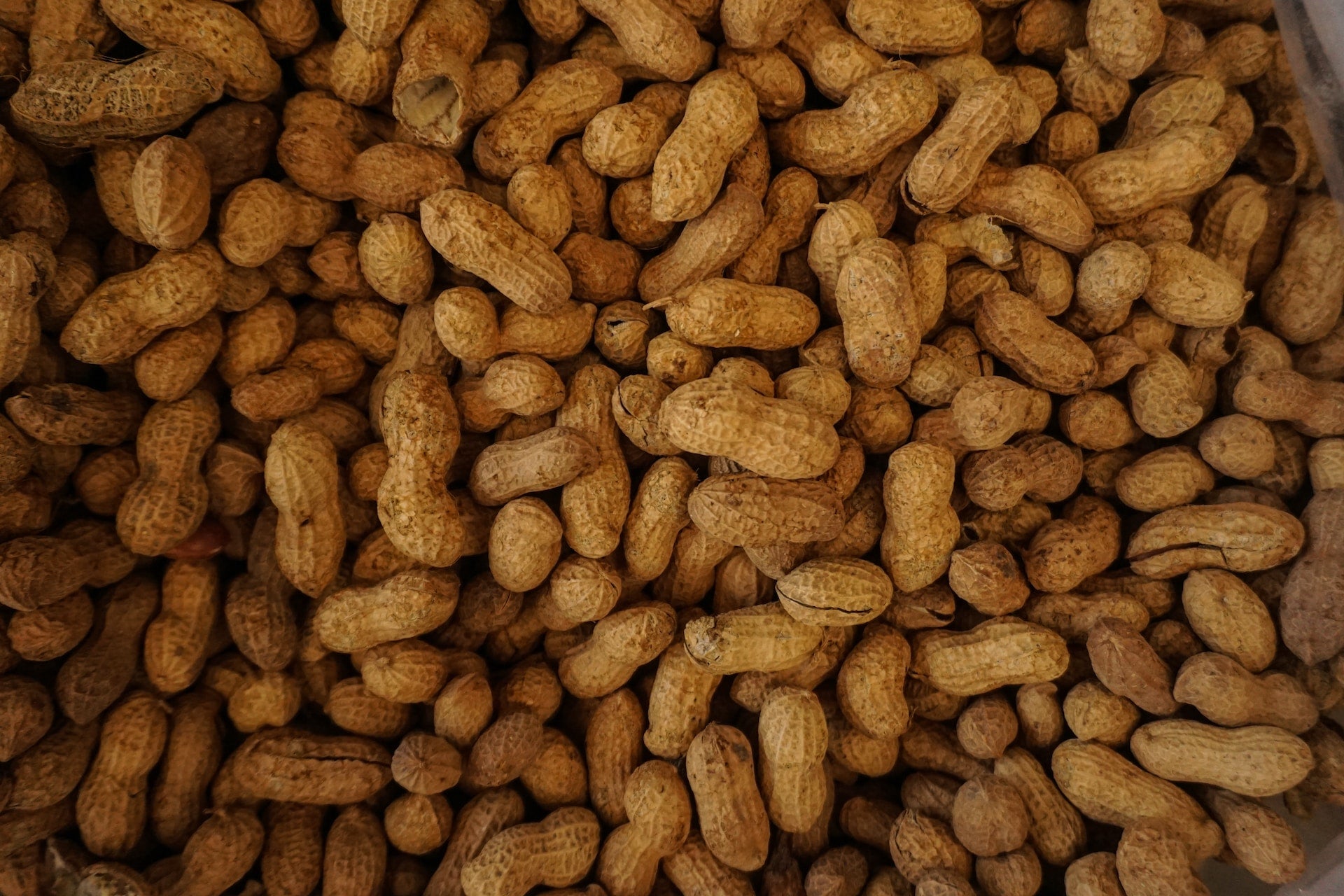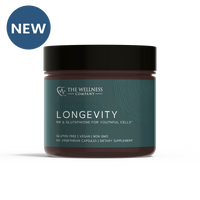2023 Study Confirms Promising New Treatment for Peanut Allergies

Allergies, those pesky immune responses that mistake harmless substances for dangerous threats, have puzzled humanity for centuries. Among the allergies that plague us, peanut allergies stand out as one of the most common and severe, affecting millions worldwide. Yet despite increased awareness of the problem, peanut allergies have only gotten worse in recent years. In fact, in the Western world, the prevalence of peanut allergies has doubled over the past decade.
Until recently, researchers and parents alike struggled to understand why. But ironically, according to a growing body of evidence, it might be precisely our collective caution around peanuts that’s making things worse.
The Paradox of Overprotection
Starting in the mid-2000's, scientists began to systematically study whether our avoidance of peanuts was exacerbating the issue. Researchers began with an observational study, comparing groups of children who were liberally fed peanut products as infants and groups of children who were sheltered from them. According to the data, allergies were ten-fold higher in children who were not exposed to peanuts during infancy.
This finding was then experimentally confirmed through a 2015 randomized controlled trial which found that systematically introducing peanut snacks to high-risk infants early on in life reduced their risk of developing a peanut allergy by about 80%.
2023 Study Builds on Prior Research
A study published this past May in The New England Journal of Medicine titled has taken this finding a step further, investigating the efficacy and safety of what’s called epicutaneous immunotherapy, a method of delivering peanut allergens via a peanut-patch on the skin.
The study found that after 12 months of exposure, 67% of children in the peanut-patch group had reached a threshold of tolerance to peanuts that the researchers deemed successful. Conversely, only 33% of the placebo group reached this same threshold.
The Future of Allergy Treatment
This study adds to the growing body of evidence suggesting that early intervention and exposure is key to managing allergies. It also introduces a new potential treatment method—epicutaneous immunotherapy—that, if approved, could soon be used by parents to help desensitize their children to peanuts.
The SLIT Connection
These findings lend support to the principles underlying a form of treatment known as sublingual immunotherapy (SLIT), which The Wellness Company offers through our product, AllergyFree. Although AllergyFree does not include peanuts among the allergens to which it helps build a tolerance, the principle of exposure therapy is supported by the growing body of evidence from studies like the one described above.
Bottomline
Studies like the one published this past May not only bring us closer to understanding how to prevent and treat peanut allergies, but they help solidify the strong conceptual basis for allergy prevention and treatment in general. It's a complex issue, but with ongoing research and a better understanding of the role of exposure in allergy development, we're making progress. Stay tuned for more updates as we continue to explore this fascinating topic.
References
Du Toit, G., Katz, Y., Sasieni, P., Mesher, D., Maleki, S. J., Fisher, H. R., ... & Lack, G. (2008). Early consumption of peanuts in infancy is associated with a low prevalence of peanut allergy. Journal of Allergy and Clinical Immunology, 122(5), 984-991.
Greenhawt, M., Sindher, S. B., Wang, J., O’Sullivan, M., Du Toit, G., Kim, E. H., ... & Burks, A. W. (2023). Phase 3 Trial of Epicutaneous Immunotherapy in Toddlers with Peanut Allergy. New England Journal of Medicine, 388(19), 1755-1766.
Du Toit, G., Roberts, G., Sayre, P. H., Bahnson, H. T., Radulovic, S., Santos, A. F., ... & Lack, G. (2015). Randomized trial of peanut consumption in infants at risk for peanut allergy. N Engl J Med, 372, 803-813.














